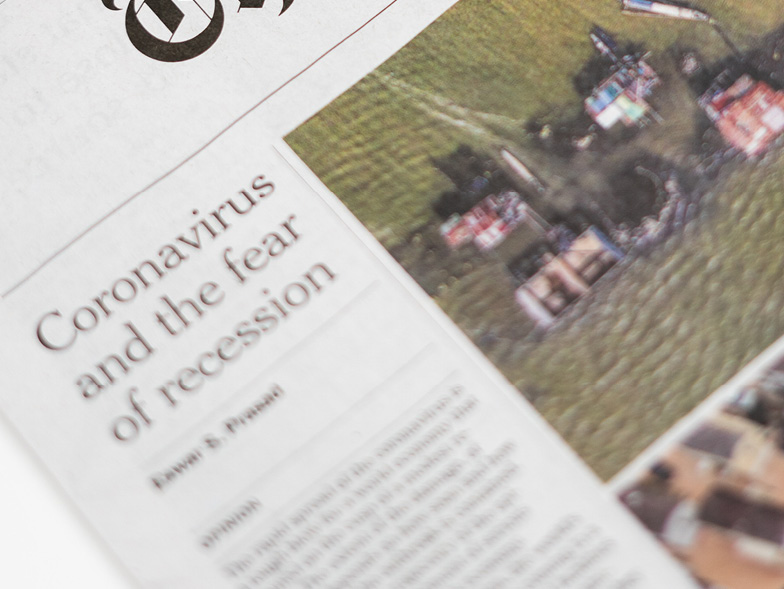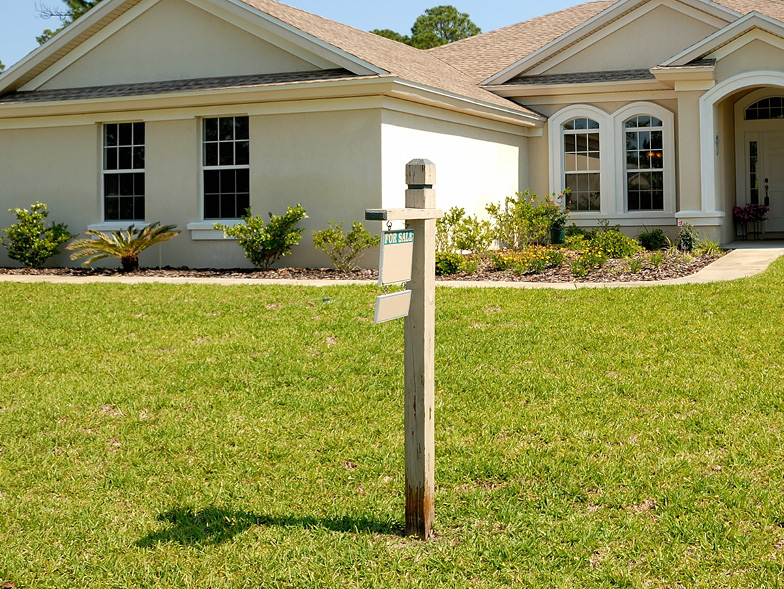The Difference Between a Recession and a Housing Crash
For many homeowners, the word “recession” is practically synonymous with the 2008 mortgage meltdown. It brings to mind neighborhoods filled with “For Sale signs” and a massive foreclosure crisis. However, this is an artificial association based on recent history. If we take the long view, recessions are generally no more likely to create significant housing downturns than any other movement in the economy.

What is a recession?
In general, an economic recession is defined as a period of economic decline with a fall in the Gross Domestic Product (GDP) in two consecutive quarters. This is as contrasted with a depression, which is a recession that goes on for years and can involve an extreme, double-digit GDP decline.

Historical trends: recession vs. housing cecline
Economic downturns can, of course, result in market factors that stress the housing market, from increased unemployment to decreased demand as families decide to stay put and ride out the financial decline. However, historically there is little positive correlation between recessions and a decline in housing prices.
Looking back over the last forty years, there have been five separate recessions: 1980, 1981-82, 1990-91, 2001, and 2007-09. They have generally occurred at times of major political upheaval and at a fairly predictable pace.
Looking at housing prices during the same time periods, you see the following changes:
- 1980: -2.6%
- 1981-82: -5.8%
- 1990-91: -6.7%
- 2001: +4.4%
- 2007-09: -16.7%
While small declines in housing prices generally occur during a recession, with the exception of 2001, in most cases the declines are so small that they can be easily explained as part of the normal pattern of market fluctuations that are occurring all of the time.
Breaking these numbers down even further by month, the 1990-91 recession, which includes the largest drop in home prices until 2007-09, occurred during a nine month period from July to March, traditionally the slowest time of year in most markets.
In contrast to the perceived association between recession and home prices, the 2001 recession saw home prices jump by 4.4% during the same period, even with the simultaneous upheaval experienced in the aftermath of the 9/11 terrorist attacks.

How was 2008 different?
For a variety of reasons, the recession of 2007-2009 was fundamentally different, primarily because it was centered in real estate-related markets. Because the underlying causes of the downturn were based in the housing sector, home prices were disproportionately affected.
Here are a few of the factors that gave the 2008 recession such an outsized impact on home prices:
- Pricing bubbles in many major markets: Because home prices in a number of markets were artificially high, the market correction, when it came, was larger than normal. While different markets experienced different degrees of change, in some cases post-Recession prices were a more realistic measure of actual value.
- Lack of equity in many homes: Most of those overpriced homes had hefty mortgages that had been approved with little or no money down. That means that when the economy started going downhill, homeowners were unable to draw on existing equity to cushion the blow.
- Sub-prime lending requirements: In addition, many of those loans had been granted to less-qualified applicants who were more at risk for job loss and financial reversals. As the economy worsened, its effects were seen in an escalating cascade of foreclosures among these homeowners.
- Under-capitalized lenders: Because banks had been handing out so much money and going all-in on risky investments, many lacked the funds necessary to weather the economic storm that was unleashed. As homeowners stopped paying mortgages and banks began having to process foreclosures, the credit market dried up, making it hard for even qualified borrowers to obtain a mortgage—and for the housing market to recover.
Regulations introduced since 2008 have gone a long way to ensuring that banks are properly capitalized, and government entities like the Federal Reserve, Fannie Mae, and Freddie Mac have been proactive this time in ensuring that if and when a recession manifests itself, the tools are in place to cushion the blow to the housing market and provide for a quick recovery.













